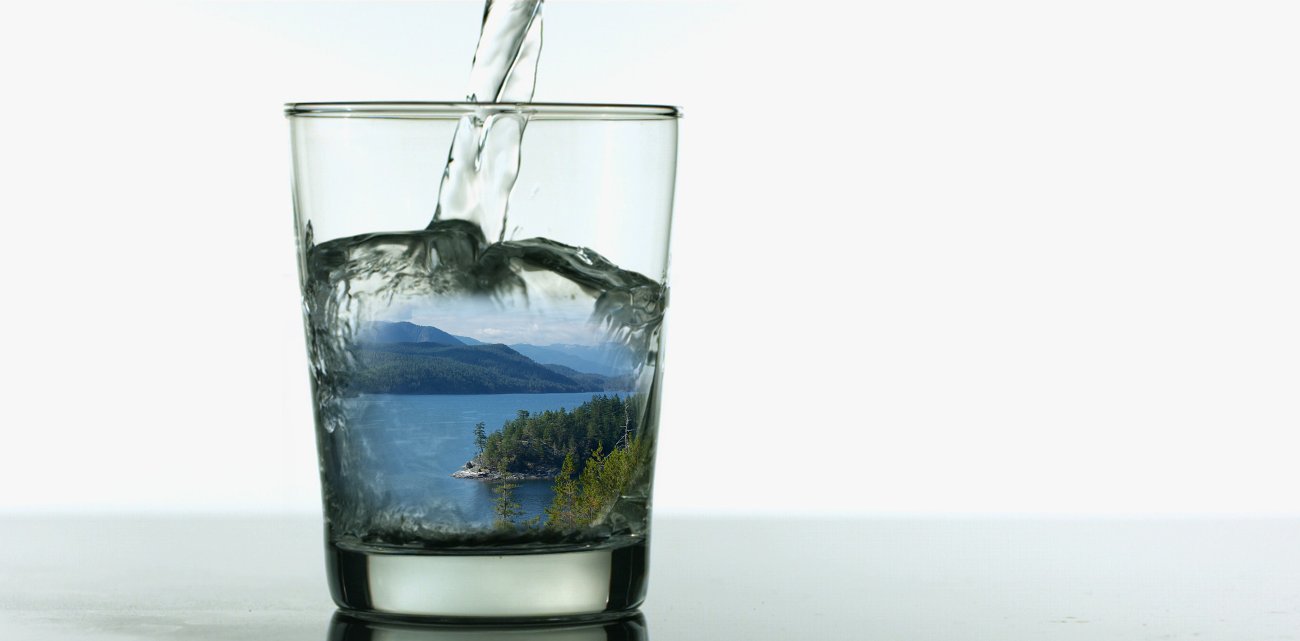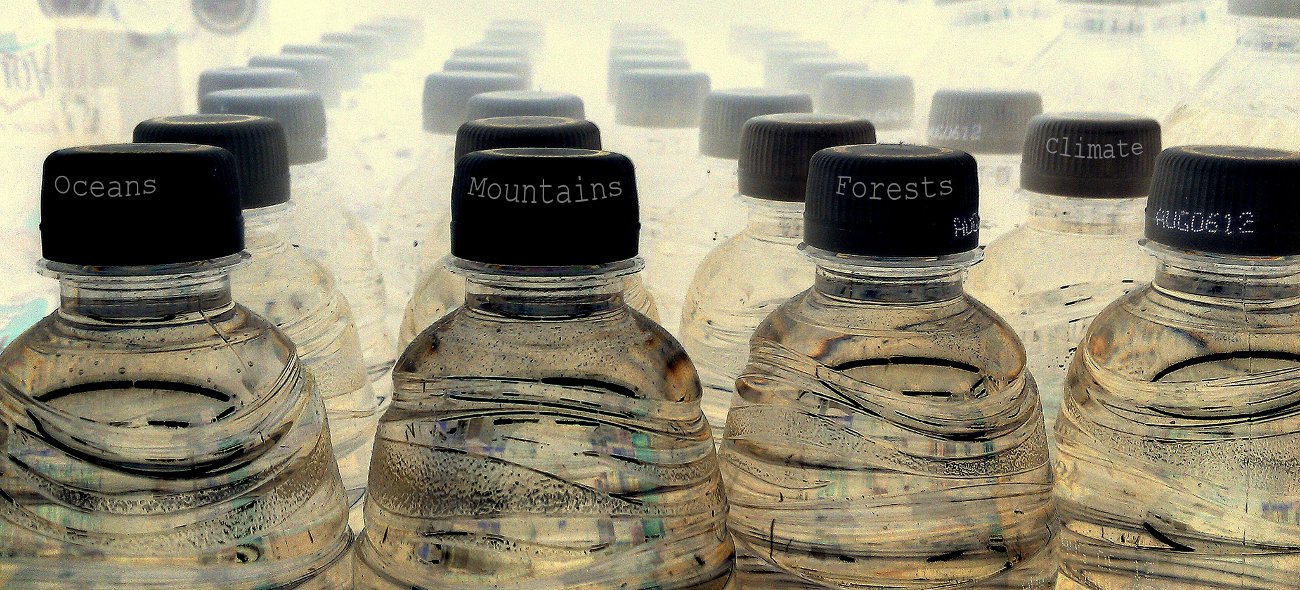
Nowadays the social, political and economic impacts of water scarcity are a threatening dilemma, with water-related conflicts springing up around the globe.
The UN has recognised that water security is a central issue that underpins all environmental and social issues. It has even been recognised as central to both National and International security.However there is a growing global concern about resource scarcity and future freshwater shortages with demand exceeding supply. Many ecosystems, which are critical for maintaining the renewable function of the water cycle, have been massively depleted worldwide.
This is a looming global problem and many corporations have become involved. However there is a real danger that fresh water will be treated simply as a valuable and limited commodity and that it will be privatised globally. Richard Sandor, an analyst at Environmental Products, who also founded the Chicago Climate Exchange stated:
“Water is posed to be the commodity of the 21st century.” (Richard Sandor, Chicago Climate Exchange)
This approach treats freshwater as a limited resource and overlooks the fact that as long as the appropriate ecosystems are in place, the water cycle is a regenerative and renewable cycle.
Therefore it is dangerous to view fresh water as a dwindling finite resource. Rather, the main focus for safeguarding freshwater needs to be directed towards protecting and restoring the ecosystems, which maintain the water cycle. This way it is possible to have adequate supplies of freshwater for both present and future generations.
“Water, economic and environmental security are inherently interconnected. Human life is intimately linked to, and utterly dependent on, the functions and services provided by freshwater ecosystems.
This situation needs to be given urgent and immediate attention. If the renewal aspect of the global water cycle is yet again ignored and not attended to, we will soon all be asking the question:
When considering access to fresh water, we need to ask the question “Who gets water and at what cost?”
“We humans have allowed the planet’s fresh water to be used as a resource for the modern world we have built, rather than seeing it as the essential element in a living ecosystem.”(Maude Barlow, Blue Future: A new water ethic, Council of Canadians, 2013)
It is of immense importance to think beyond the commodification of water
Unlike other essential resources, which are used as commodities to power economies, water is not only something, which humans and other life forms need for survival; it makes up a significant fraction of the human body. By weight, adult human beings and most animals are composed of between approximately 60% and 70% water and the majority of trees and plants vary between 50% and 75%.
“As the water crisis intensifies, governments around the world—under pressure from transnational corporations—are advocating a radical solution: the privatization, commodification and mass diversion of water. Proponents say that such a system is the only way to distribute water to the world’s thirsty. However, experience shows that selling water on the open market does not address the needs of poor, thirsty people.”
In contrast to inert non-renewable natural resources such as gold and oil, water is a living substance, which is constantly moving, recycling and regenerating. Not only is a river a body of water and part of the global hydrological cycle, so are we. We not only depend upon the water cycle for life, we are all collectively part of it. It is important to think about this because then we can understand how water links all life on earth and cannot be wholly contained, nor commodified as a limited resource.So now we need to think really clearly about the immense and vital importance of the global hydrological cycle and our common heritage.
We really need to question the ideology behind the privatization and commodification of water, which is being proposed, as the way to ensure water security? What exactly is being privatized and what is being considered for sale in future water markets?
In general the propositions to date from various water companies, multinationals and corporations do not include the preservation of the whole water cycle and the ecosystems upon which it relies to function effectively. Meanwhile organisations as influential as UNESCO are pinpointing the necessity of these ecosystems for freshwater.
“Given their important role in water supply and regulation, the protection, sustainable management and restoration of mountain ecosystems will be essential.”
Download: UNESCO, 2013, ‘Climate Change impacts on Mountain Regions of the World.pdf
Without addressing the entire water cycle, freshwater security is impossible.

Commodifying water and regarding it as a finite dwindling resource will distract attention and resources away from preserving the fundamental yet endangered ecosystems, which maintain the water cycle.In March 2013 the UN Water Task Force created an Analytical Brief to guide governments on how to address global water security. It states:
“Ensuring that ecosystems are protected and conserved is central to achieving water security – both for people and for nature. Ecosystems are vital to sustaining the quantity and quality of water available within a watershed, on which both nature and people rely. Maintaining the integrity of ecosystems is essential for supporting the diverse needs of humans, and for the sustainability of ecosystems, including protecting the water- provisioning services they provide.”
This does not suggest securing freshwater through privatisation or the commodification of water. On the contrary it points to the need of protecting and maintaining Earth’s natural ecosystems. A similar understanding was agreed upon and signed by world governments at the UNCSD Rio+20, 2012.
“We recognize the key role that ecosystems play in maintaining water quantity and quality and support actions within the respective national boundaries to protect and sustainably manage these ecosystems.”
Water comodification does not include preserving the essential ecosystems, which maintain the water cycle. It simply looks at water as a valuable product.

It is unsustainable to ignore the regenerative nature of water and use our time and resources in managing ever-decreasing water resources, whilst in the meantime allowing the natural water cycle to degenerate. This is like designing a house and disregarding solid foundations. Collapse is inevitable.
